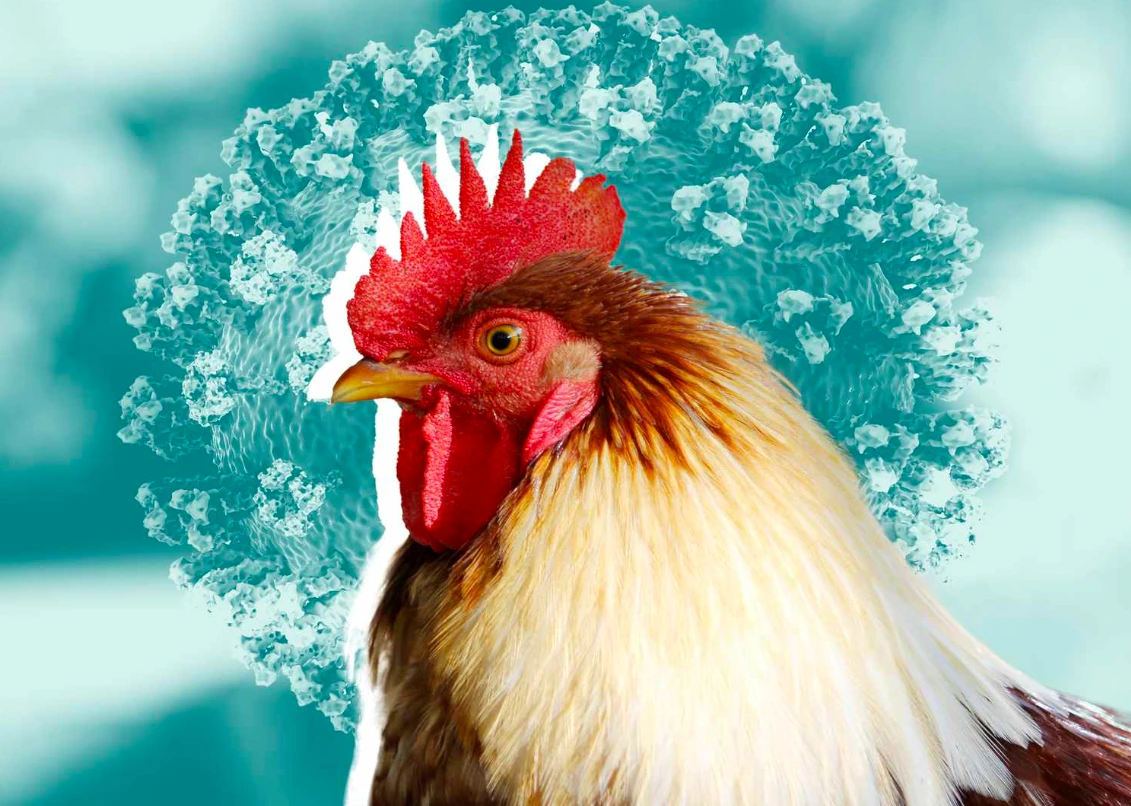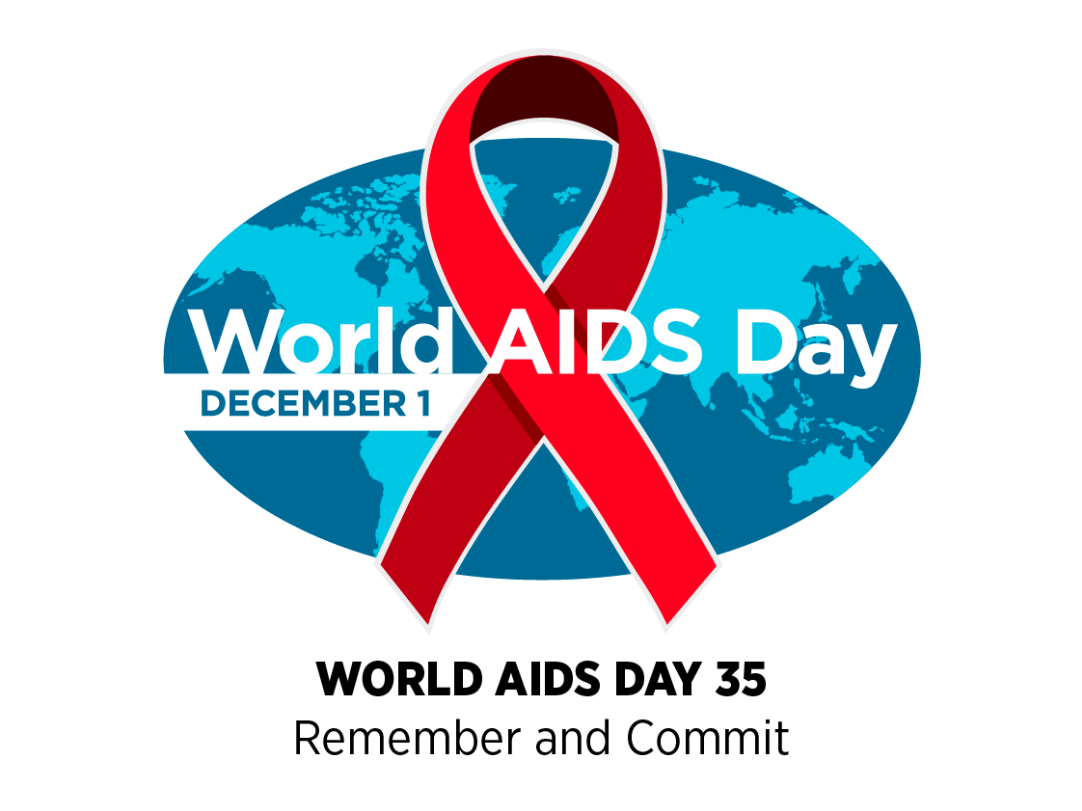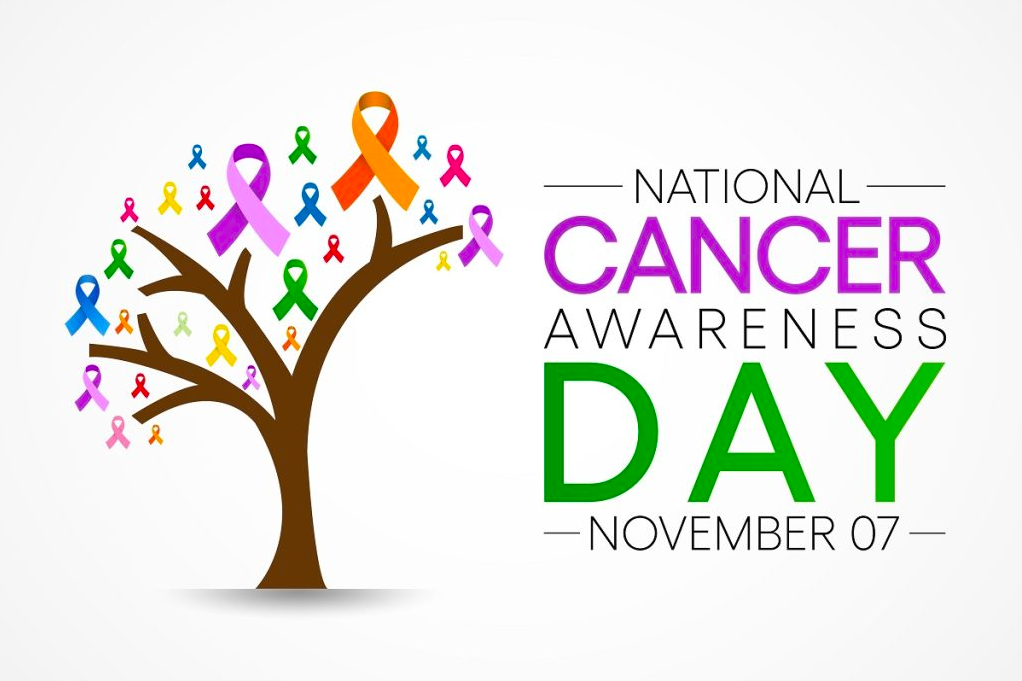Avian influenza, also known as bird flu, is an infection that primarily affects birds. Although most bird flu viruses do not infect people, some strains, particularly H5N1 and H7N9, can in rare circumstances spread to people and result in life-threatening illnesses.
The World Health Organisation (WHO) reports that “a current avian influenza outbreak (also known as “bird flu”) has decimated animal populations, including those of poultry, wild birds, and some mammals. The food industry as well as farmers’ livelihoods have been harmed. Despite the fact that these outbreaks mostly affect animals, they still present risks to people.”
Rarely, the virus can also pass from one person to another.
Symptoms of Bird Flu
After contracting the virus, symptoms of bird flu typically appear two to five days later. They can be mild to severe and frequently resemble those of the seasonal flu. Typically, they consist of:

- Conjunctivitis
- A fever that is higher than 100.4°F (38°C)
- Cough
- Sore throat
- Headaches
- Having trouble breathing
- Fatigue
- Nausea
- Diarrhoea
- Muscle pain
- Continent pain
- Bleeding gums
- Bleeding nose
People with the H5N1 infection are more likely to experience gastrointestinal symptoms like nausea, vomiting, and diarrhoea; those with the H7 virus are more likely to experience conjunctivitis.
Causes of Avian Influenza

While bird flu infections are uncommon, they typically affect those who have come into contact with an infected bird or contaminated surface. However, there have been some instances where a person has contracted the disease without coming into contact with a bird.
- Contact with both domestic and wild birds, such as chickens, turkeys, and ducks, can spread the bird flu virus.
- Given that eggs and birds can be sold in unsanitary conditions, open-air markets can also be a source of bird flu.
- There have been a few cases of H5N1 in humans who ate food made with raw, tainted poultry blood, but there is no proof that eating properly cooked poultry can cause human infection with the virus.
- Pregnant women, people over the age of 65, and those with weak immune systems are more vulnerable than others to developing severe bird flu symptoms.
How to diagnose Bird Flu?

Bird flu cannot be diagnose solely by symptoms. A healthcare professional will take a swab from the patient’s nose or throat to diagnose bird flu, and the sample is sent to a lab where they use a molecular test to find the virus.
It can be challenging to detect the virus in someone who is no longer very ill or has fully recovered; the test is most accurate when the sample is taken within the first few days of a person’s illness.
Complications of the Disease
Serious and potentially fatal complications from bird flu include:
- Pneumonia
- Pink eye, or conjunctivitis
- a kidney problem
- respiration difficulty
- (Blood infection) Sepsis
- Heart issues

How to protect yourself?
The bird flu vaccine is not widely accessible. Avoiding exposure sources is the best way to protect yourself from the bird flu. When handling poultry, people should practise infection control measures, such as wearing personal protective equipment and washing their hands properly.
It is best to let local or state agencies dispose of a dead bird because wild birds can also be a source of the infection. A wildlife organisation will likely look into the cause if many birds are passing away in the same place. People should keep their distance from birds and refrain from touching anything that has been exposed to bird droppings.
The CDC advises visitors to avian flu-affected nations to stay away from poultry farms and open-air markets as well as other locations where people raise or sell birds. Additionally, to stay away from locations that sell poultry and eggs under unhygienic conditions. They also advise staying away from dishes that contain animal blood and to make sure to properly cook any poultry or eggs you eat.
Read more:
The Lyme Disease: Its Symptoms, Causes, Prevention and more
How to Survive Dengue Fever: Essential Tips You Need to Know
कंजंक्टिवाइटिस: आई फ्लू के बारे में आपको जानना आवश्यक है





